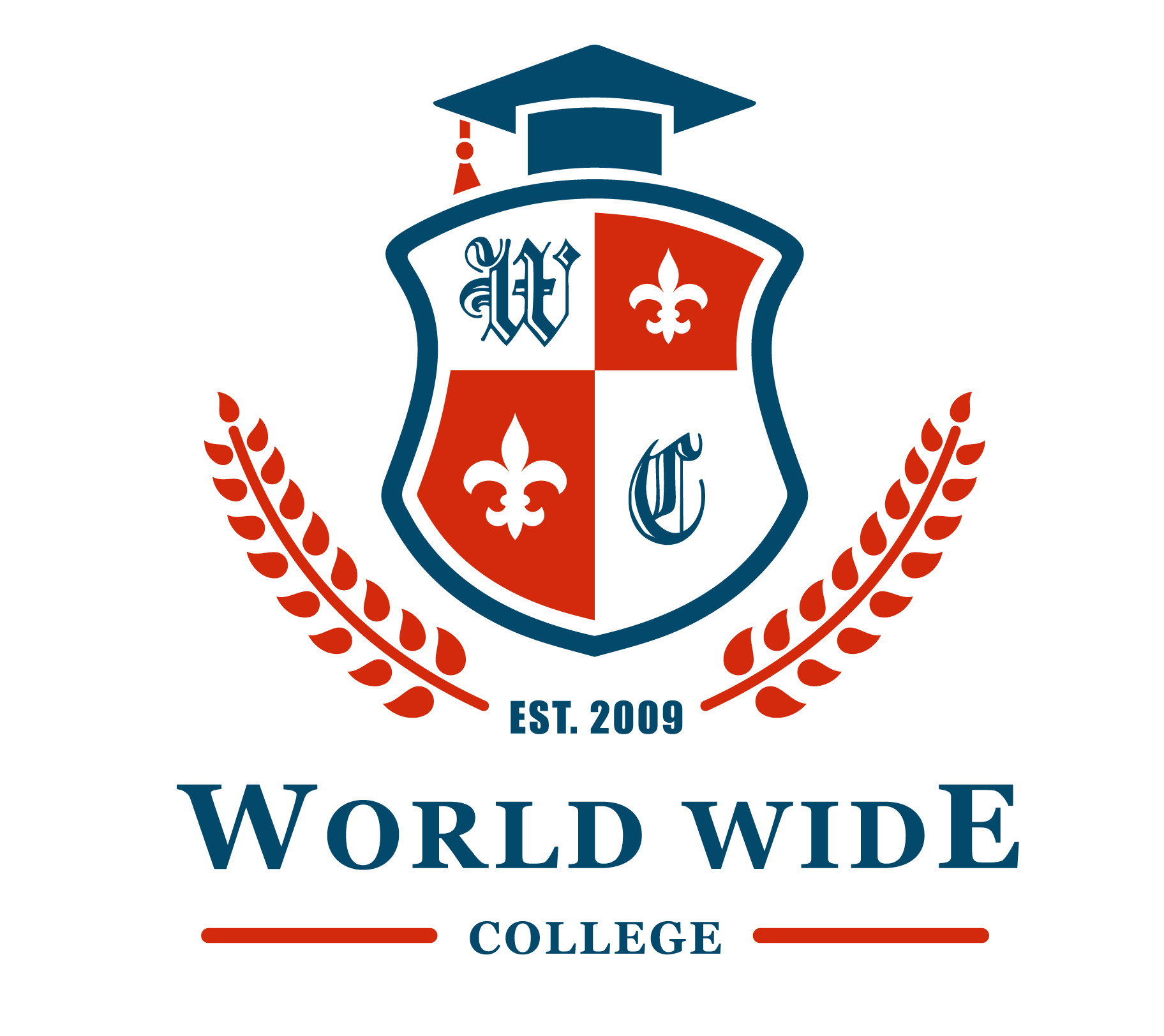Belgium
Education Cost for Studying in Belgium

Every year, students in Belgium must pay a registration fee. For Belgian and European Union students, higher education is financed to a very large extent by the public authorities. The amount of the registration fee varies depending on higher education establishment and type of program. The registration fee for Belgian and European students for one year is set at around €800.
Foreign students from non-European Union member countries have to pay additional registration fees whose sums vary in accordance with the type of study.
Information concerning the total amount of fees to be paid can be obtained from the education institutions.
Living costs in Belgium
Living costs in Belgium are variable, depending on the city you live in, with Brussels, the capital, as the most expensive city in the country. The highest amounts of your budget would be spent on accommodation and if you decide to eat mostly at the restaurant, you should be aware that some of them have expensive prices.
Check the average costs of living in some Belgian student cities:
- Antwerp: around 850 EUR/year
- Brussels and Gent: between 800 and 950 EUR/year
- Leuven: around 720 – 820 EUR/year
- Liege: around 750 – 800 EUR/year
Check detailed prices and living costs in Belgium.
Accommodation in Belgium
Prices for accommodation are in line with the international average (200 – 400 EUR/month) only when it comes to student halls of residence. For the rest of the housing options, especially when it comes to renting an apartment, prices are usually higher than 400 EUR/month.
The main accommodation options for students in Belgium are:
- University halls of residence – a room in a student campus varies between 200 and 450 EUR/month.
- Rent/share an apartment – the average price for rent in a one-bedroom apartment is 400 EUR/month (not including the utility costs).
- Home stay – in some Belgian cities, the home stay option can be very expensive, but the usual price is somewhere between 400 and 600 EUR/month for one person, with at least one meal/day included.
If you will live with your partner and/or child(dren), the price for rent would range from 600 to 850 EUR/month, and in some cases, you could pay even more. Utility bills (electricity, water, internet) would be another 150 EUR/month.
Food costs in Belgium
Buying from the supermarket and cooking at home is the cheapest option when it comes to food costs. On average, you would spend around 150 EUR/month for your groceries and you should check the cheapest supermarkets: Lidl, Aldi, Red Market and Colruyt.
However, eating out once in a while is a nice experience and in Belgium is really worth it. A meal in a budget restaurant is between 7 and 12 EUR, and even less in Antwerp, for example.
With prices between 4 and 16 EUR, you can eat soups, salads, platters of cheese and cold meats and patisserie at Le Pain Quotidien restaurant chain.
Try a fancy restaurant in Brussels, called La Mer du Nord / De Nordsee, serving croquettes aux crevettes, escargots de mer (whelks), fish soup, pickled herring, smoked mackerel and salmon, hot dishes of crab and scallops all at about 6 – 8 EUR.
Transportation in Belgium
The easiest and also cheapest ways to travel while living in a Belgian city are trains and buses.
A monthly pass for students on public transportation usually costs around 20 EUR/month.
The train network in Belgium is one of the best in Europe and fares have low prices. For example, a forty-minute trip from Ghent to Brussels costs 7.50 EUR.
Prices for taxi rides: around 25 EUR for inner city trips.
Extra costs
Here are a few examples of other expenses while living in Belgium:
- Books: 35 - 50 EUR/month
- Entertainment: 50 EUR/month
- Insurance/ health care: 30 EUR/month
Tip: Buy second-hand books; you can look for announcement boards at your campus, as some students sell their books for good prices. You can also check Stubooks.be, an online platform where students buy and sell their books second hand (available in Dutch only).
3. Scholarships in Belgium
Scholarships for international students in Belgium are offered by some universities, the government, Academy of Research and Higher Education and other Belgian agencies or organisations.
Back





